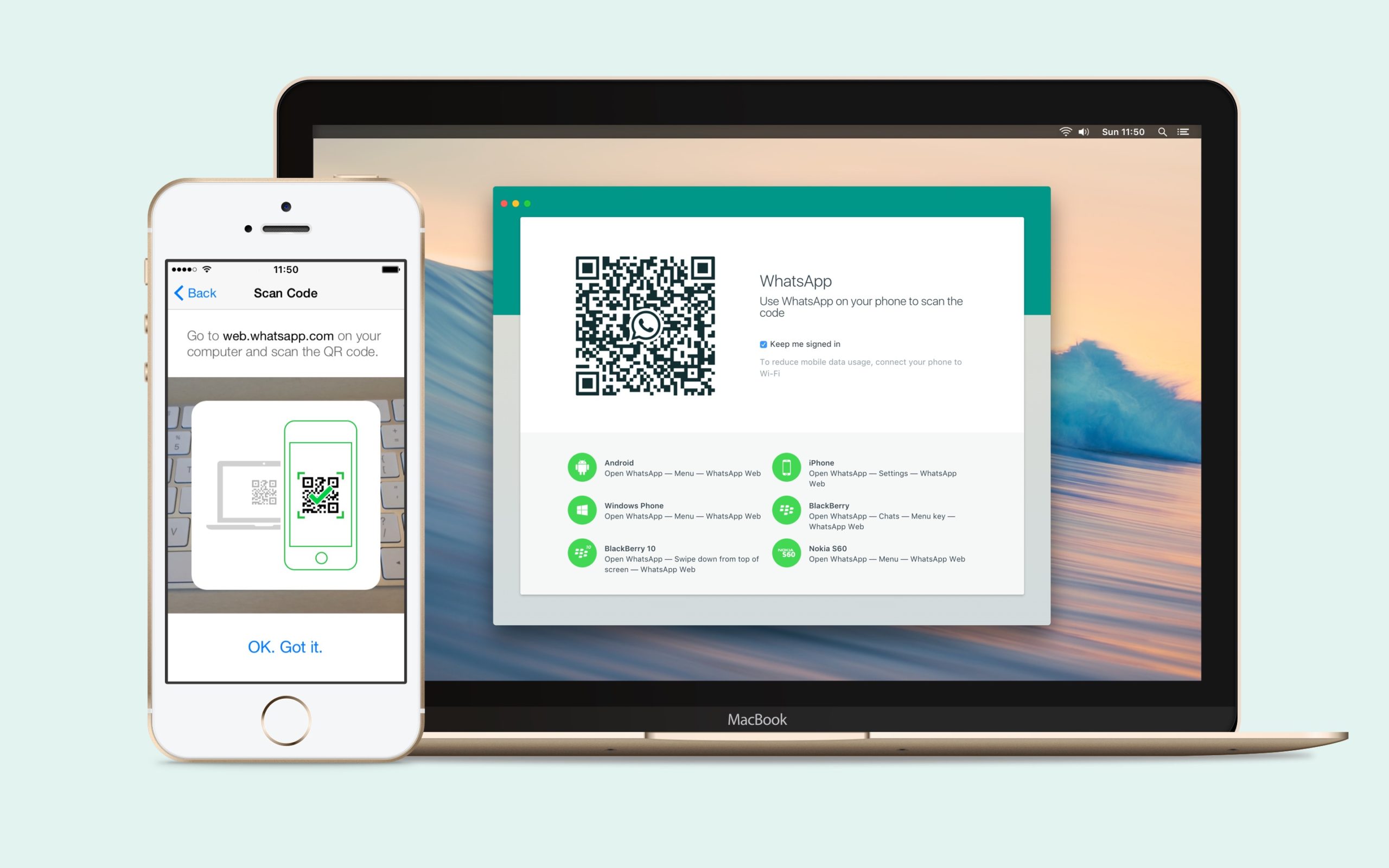WhatsApp testing new feature that lets users send messages without smartphones

WhatsApp wants users to message other people on up to four devices with a new system that will no longer need a smartphone as a “source of truth”.
Currently, WhatsApp users need their phones to be active and capable of receiving messages to communicate with others on the desktop and web apps.
This means that users cannot send messages if their phone battery runs out or if they are unable to access mobile data or Wi-Fi on their smartphones.
A new feature currently being tested will enable users to use four devices such as tablets, laptops and PCs even if their smartphones are not in sync.
In a blog post, Facebook engineers said that they had been working on the solution for a “long time”.
They noted that the current system only sees WhatsApp Web and other apps act as a “mirror”, which can provide a substandard experience with frequent disconnects.
The new system, which will still have end-to-end encryption built in, also adds a new “identity key” layer to prevent messages from being stored on its servers.
However, having messages on more active devices may pose a security risk, according to Jake Moore, who works for anti-virus company Eset.
He believes that malicious third parties could try to “create a workaround” to access data and warned that domestic abusers could try to leverage the system in their favour.
Moore urged WhatsApp users to keep track of the different devices that are tied to their account if and when the new feature eventually rolls out.
WhatsApp, which has around 2 billion users, is currently piloting the system with a “small group” of people.
